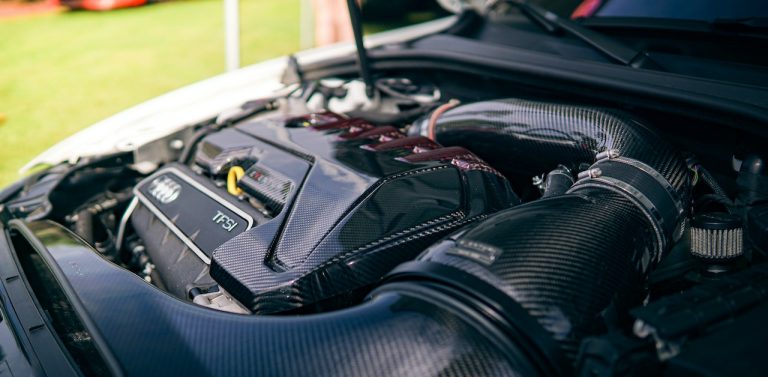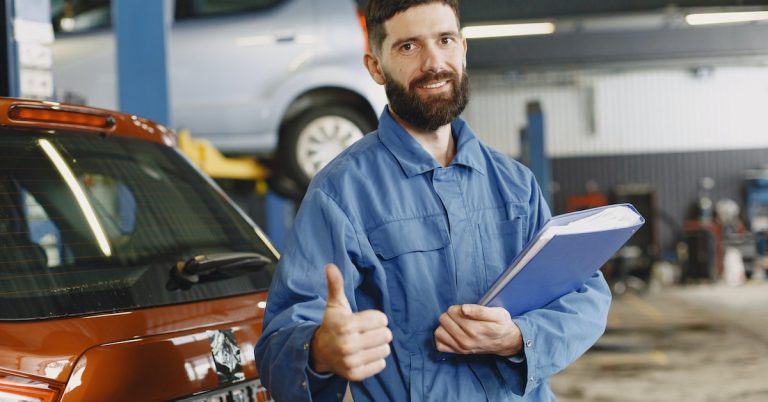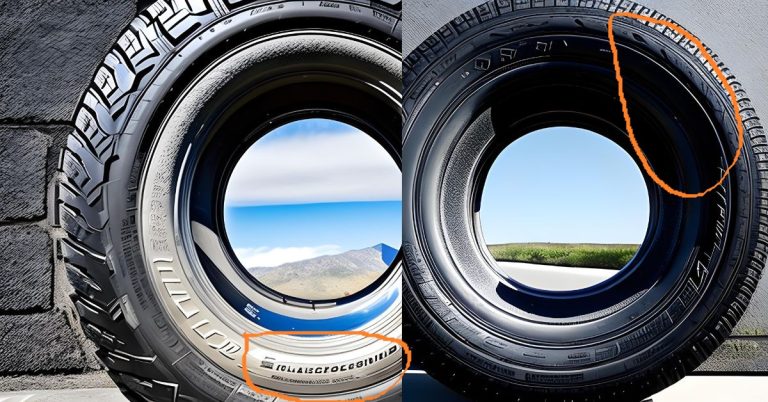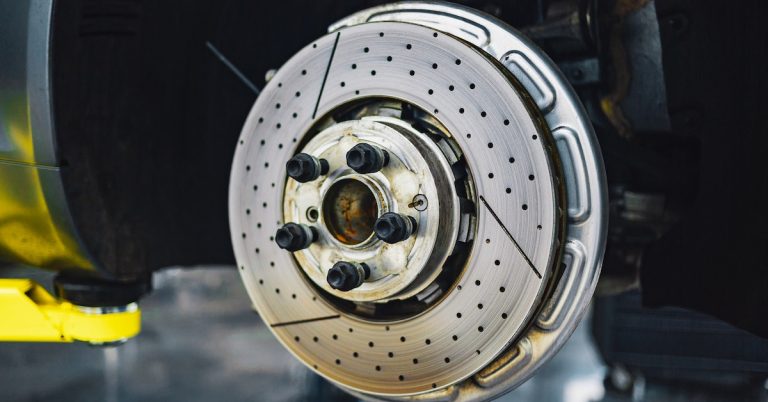Have you ever experienced a situation where pressing the gas pedal caused your car to shake? If you ever experience this, remember that it is a sign that your car has serious issues that need to be fixed. First, it’s important to identify why the car is shaking when accelerating. Such situations need prompt action. So let’s first find out what causes it to happen.
What Are The Reasons for Car Shaking When Accelerating?
We find it useful to share some possible reasons for cars shaking at the time of acceleration.
Defective Tires
Tire issues are the most typical cause of vehicle trembling. Tire imbalance may cause shaking in the steering wheel. At speeds between 50 and 55 mph, the ground begins to shake. At around 60 miles per hour, it’s at its worst.
Engine Gas Lines May be Damaged
The gas lines in your engine allow gas to circulate throughout the engine. However, if there is anything wrong with a gas line, this may cause your vehicle to suffer a loss of pressure, which can cause the car to jolt forward.
A faulty gasoline line might even cause your engine to catch fire. So, make sure there aren’t any holes in the gasoline line by inspecting it carefully.
Problematic Brakes
The brakes are likely the cause of the shaking if it only happens when you press on the brakes. The shaking is often caused by the front brakes, since they are responsible for absorbing the majority of the power when the vehicle is stopped.
Because of the need for efficient brakes for the vehicle to be able to come to a stop or slow down in a short amount of time, the vibration must be removed. Some of the components in the front disc brakes may need to be replaced sooner than others. Two of the components that are replaced the most often are the brake pads and the rotors.
Uncleaned Fuel Injectors
When an accelerator begins to act jerkily, one of the most common causes is that the fuel injectors are dirty. Because of the dirty injector, the power of your vehicle decreases whenever you make an effort to speed up after coming to a complete stop or to keep a steady pace. This is a result of the engine not firing properly.
May be Air Filters are Unclean
The air filter plays an important role in engine damage. How is that? However, over time, these pollutants may collect, causing your car’s acceleration to become noticeably slower than normal.
It is simple to remove the air filters, clean them, and then either reinstall them or replace them with new ones. Don’t worry about it. You can get tips on when to change your car’s oil filter here.
Carburetors are Damaged or Defected
We know that the mixture of air and fuel is controlled by the carburetor, which determines the ratio of gasoline to air in the mixture. If any problem with the carburetor causes a deficiency in the gasoline and air mixture, that will cause the automobile to tremble a lot.
Any Possible Blockages
Something may be blocking the gas supply to your vehicle, preventing it from reaching its full speed potential. Your engine creates a spray that is composed of air and fuel, and this spray is what provides you with power. If this is interrupted, it may affect the acceleration of your vehicle.
Break Rotors are out of Shape
Vibrations are often caused by the rotors of the brakes. Putting your foot on the brakes might cause vibrations to be transmitted to the steering wheel if the brake rotors are “out of round.” As a consequence of the vibration, the brake pedal in your vehicle will shake.
Jammed Brake Calipers
Brake calipers that are not moving freely are a common cause of vibration. Vibrations will start to be transmitted through the wheel at speeds between 45 and 50 miles per hour. When the car comes to a stop, there will be a distinct smell of burning that can be detected, and the issue will become substantially worse as the speed rises.
Problematic Spark Plugs
A possible explanation for the inadequate ignition of the gasoline in the piston is worn spark plugs. Because of this, your car may have slower acceleration.
Solutions to these problems
These problems are quite simple to either avoid or remedy; here are the details.
- Pay attention to your tires: You may be able to prevent this issue if you invest in high-quality tires and make sure that each one of them undergoes a thorough inspection each time you bring your car in for routine maintenance.
- Inspect the brake calipers: You don’t need to be concerned about your brake calipers being repaired each time your brakes are maintained. Particular attention has to be paid to this with more than 75,000 miles on the odometer.
- Inspect the brake pads: As part of the normal maintenance checks that you do on your vehicle, in addition to checking the tires, you should also inspect the brake pads that are attached to each of your brakes.
- Follow the manufacturer’s maintenance schedule: If you follow the maintenance schedule that is prescribed by the manufacturer, you can avoid these problems. When getting the oil changed on a vehicle, it is common practice to also inspect the brakes and tires at the same time.
Final Word
It’s important to send it to a repair shop when your car is shaking when accelerating. So that the problem may be properly diagnosed and fixed. A mechanic always knows what’s best, so if your car is shaking while you’re trying to accelerate, try checking the symptoms mentioned above before going to the mechanic.







